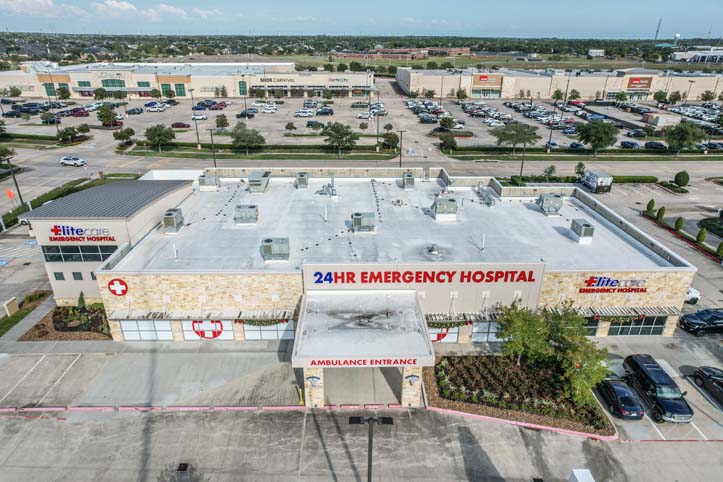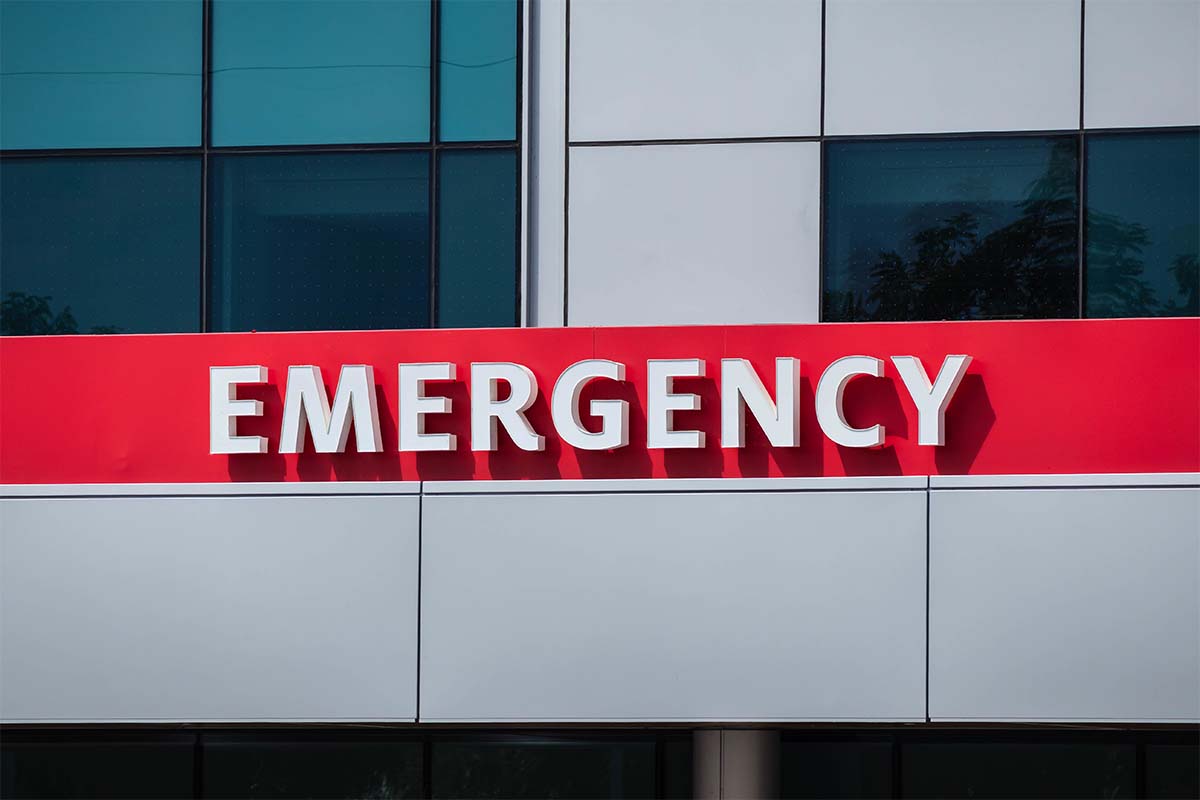October marks a significant month for millions of people worldwide, as it serves as a poignant reminder of the importance of breast cancer awareness. Breast cancer is the most common cancer among women globally and affects men as well. During this month, various organizations, healthcare providers, survivors, and advocates come together to highlight the significance of early detection, research, and support for breast cancer patients.
Early Detection of Breast Cancer and Symptoms
There are several breast cancer symptoms, and some patients have none at all. Some signs include any modification to the breast’s size or form, any breast region might experience pain, nipple discharge, including blood, that is not breast milk, and a new breast or underarm bump.
Breast cancer, like many other types of cancer, is often easier to treat when detected early. October’s focus on breast cancer awareness emphasizes the importance of routine screenings, such as mammograms, clinical breast exams, and self-examinations. The greatest approach to detect breast cancer early—before it becomes large enough to feel or cause symptoms—and when it is simpler to treat—is with a mammogram. (Centers for Disease Control and Prevention)
Lowering Risk of Breast Cancer
Breast cancer cannot be entirely avoided. However, there are certain things you may do to perhaps reduce your risk. You have little control over several risk variables, such as your gender at birth and advancing age. However, some risk factors are modifiable and may reduce your risk.
- Get to and maintain a healthy weight: Breast cancer risk increases after menopause are associated with both increased body weight and weight growth as an adult. By balancing your food consumption and physical exercise, the American Cancer Society advises that you maintain a healthy weight throughout your life and prevent excessive weight gain.
- Exercise regularly: Numerous studies have demonstrated a correlation between moderate to strenuous exercise and a reduced risk of developing breast cancer. Adults should engage in 75 to 150 minutes of strenuous movement per week or at least 150 to 300 minutes of moderate activity per week according to the American Cancer Society. It is excellent to reach or exceed the top limit of 300 minutes.
- Drink in moderation: Alcohol should be consumed in moderation as it raises the risk of breast cancer. Alcohol use has been related to an increase in risk, even in small doses. It is advisable to stay away from alcohol altogether. Women who do drink should limit their intake to one alcoholic beverage a day.
(American Cancer Society)
How to Get Involved with Breast Cancer Awareness
Since 1985, millions of people all around the world have participated in Breast Cancer Awareness Month, a movement to raise awareness of a condition that affects 1 in 8 women in the United States. You can participate too by helping out.
Several regional and international volunteer organizations promote breast cancer awareness. The American Cancer Society (ACS), a national nonprofit health organization dedicated to curing cancer, welcomes volunteers. You may support a loved one who has been diagnosed with breast cancer in a variety of ways. You may plan meal delivery, transportation, and other duties to aid your loved one. Through the use of an online social network and planner, you may assist in uniting the patient’s family, friends, and workplace.
Before it occurred to them, a lot of women never anticipated being diagnosed with breast cancer. Knowing your breast cancer risk factors can aid in early discovery, which improves treatment options. By encouraging your female friends and relatives to obtain mammograms and teaching them how to inspect their breasts for abnormalities, you can raise awareness of breast cancer. Set a good example for others. In October, several clinics provide free mammograms. Make an appointment for a mammogram, and lead by example. (TheSTARTCenter)
Breast Cancer Awareness Month
Breast Cancer Awareness Month in October is a time of unity, hope, and action. It unites individuals, organizations, and communities in a collective effort to raise awareness about breast cancer and encourage early detection, support, and research. By coming together during this month, we not only honor those who have fought the battle against breast cancer but also take concrete steps towards a future where breast cancer is preventable and treatable. Take the initiative and encourage females around you to get tested, spread awareness, and focus on individual breast health.
Works Cited
“Breast Cancer Awareness Feature.” Centers for Disease Control and Prevention, 26 Sept. 2022, www.cdc.gov/cancer/dcpc/resources/features/breastcancerawareness/index.htm.
“Can I Lower My Risk of Breast Cancer?” American Cancer Society, www.cancer.org/cancer/types/breast-cancer/risk-and-prevention/can-i-lower-my-risk.html.
Center, START. “10 Ways to Get Involved in Breast Cancer Awareness Month.” TheSTARTCenter, 12 Oct. 2020, www.thestartcenter.com/post/10-ways-to-get-involved-in-breast-cancer-awareness-month.
















